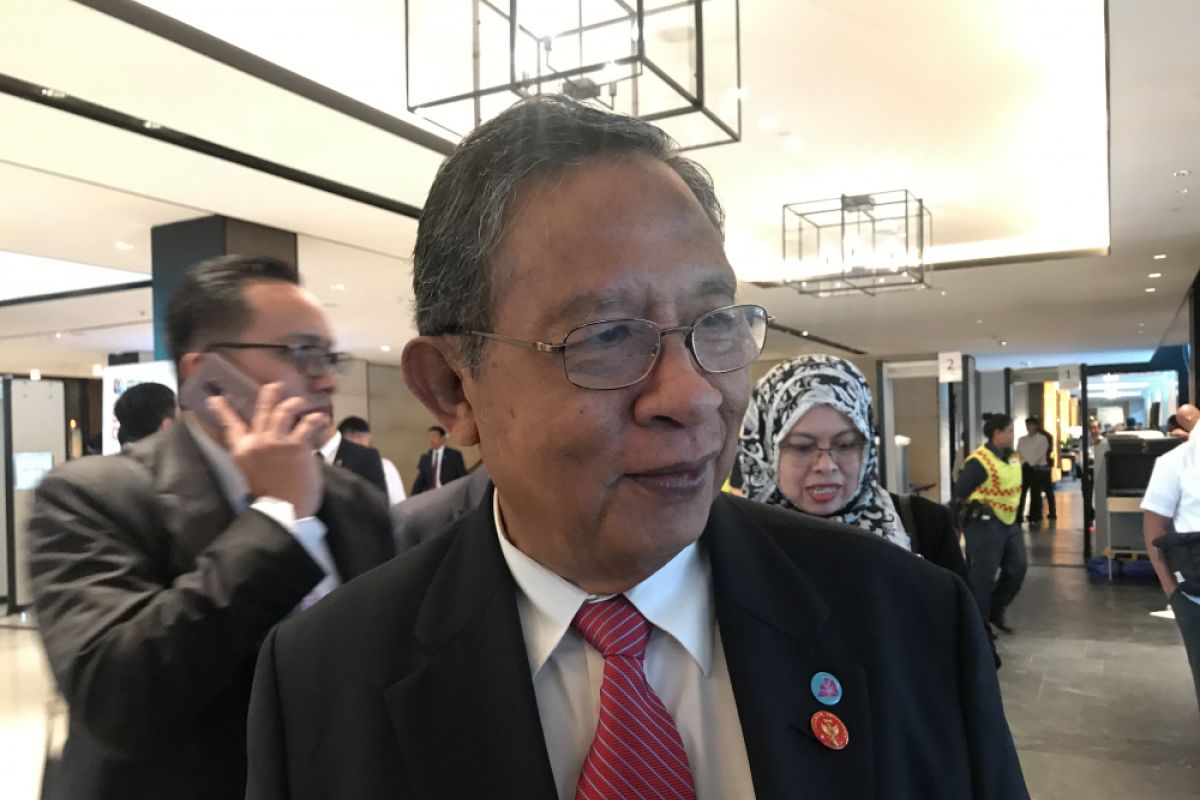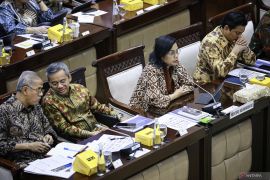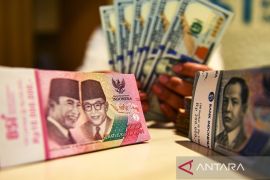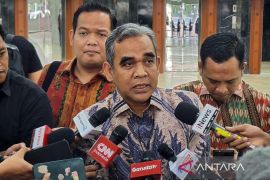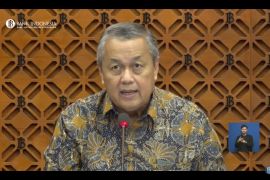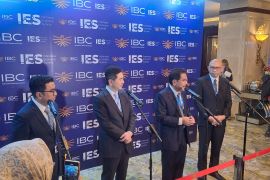"We have already moved. However, despite how fast we move, market response will not be faster. It means it will take time. We believe the exchange rate will be more stable in the days to come," he stated.
He noted that the policy was aimed at improving the balance of trade and the current account, which was now still deficit that had caused the weakening of the rupiah.
He noted that the policy includes efforts to improve the ease of doing business through an integrated service system, boost export-oriented investment, and provide tax incentives to businessmen.
Nasution added that the government would also boost the use of biodiesel (B20) fuel to reduce oil imports that have so far contributed the biggest in the trade deficit.
"If this works, then the issue of trade balance should be finished by the end of the year. The current account deficit is not yet finished, but we hope it will drop from 3.0 percent from the GDP in the second quarter to 2.6-2.7 percent by the end of the year," he revealed.
To strengthen foreign exchange reserves, he remarked that the government would boost the tourism sector by providing special credit scheme KUR to businesses so they would invest in the sector.
Nasution explained that he believed by improving the balance of trade and current account deficit, the economic fundamentals would be stronger, adding that the government could not anticipate sentiment originating from external factors.
"A sentiment cannot be responded with a sentiment. There must be concrete actions to deal with our weaknesses, which are current account deficit and balance of trade." Nasution pointed out.
Reporting by Satyagraha
Editing by Yoseph Hariyadi
Reporter: Antara
Editor: Yosep Hariyadi
Copyright © ANTARA 2018
